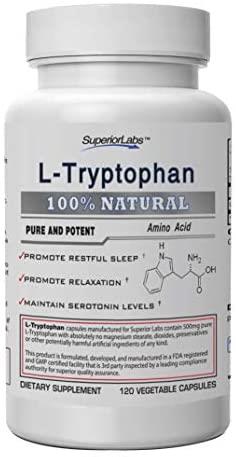L-Tryptophan metabolism through the kynurenine pathway is involved in the regulation of immunity, neuronal function and intestinal homeostasis. Imbalances in tryptophan metabolism in disorders ranging from cancer to neurodegenerative disease have stimulated interest in therapeutically targeting the kynurenine pathway.
L-tryptophan is an essential amino acid that regulates protein homeostasis and plays a role in neurotransmitter-mediated physiological events. It also influences age-associated neurological alterations and neurodegenerative changes.
The metabolites and enzymes of tryptophan influence a variety of physiological and pathological outcomes of the majority of systems, including endocrine, haemopoietic, gastrointestinal, immunomodulatory, inflammatory, bioenergetic metabolism, and neuronal functions.
The imbalanced state of kynurenine pathways has found a close association to several pathological disorders, including HIV infections, cancer, autoimmune disorders, neurodegenerative and neurological disorders including Parkinson’s disease, epilepsy and has found special attention in Alzheimer's disease.
Kynurenine pathway (KP) is intricately linked to neurodegenerative pathogenesis owing to the influence of kynurenine metabolites on excitotoxic neurotransmission, oxidative stress, uptake of neurotransmitters, and modulation of neuroinflammation, amyloid aggregation, microtubule disruption, and their ability to induce a state of dysbiosis.
This is just an abstract from which you can do more research. I found a brand on Amazon that is affordable and has only 2 ingredients. It's tested for heavy metals and pesticides.
amazon.com/Superior-Labs-L-...
SE
